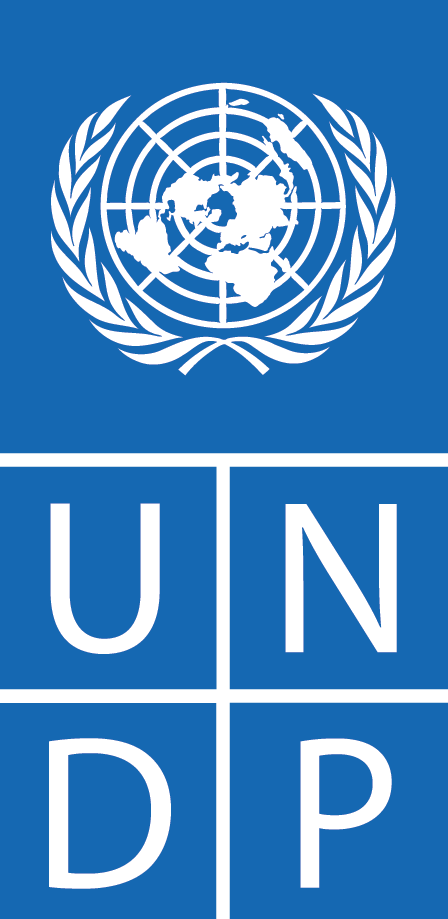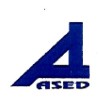United Nations Economic and Social Commission for Western Asia (ESCWA)
Description
About:
"Stability and prosperity are watchwords of the United Nations Charter. They are prerequisites for sound and cordial relations between nations, based on respect for the principle of equal rights, the right to self-determination and the opportunity for all to pursue economic well-being and social development."
Five regional commissions were created by the United Nations in order to fulfil the economic and social goals set out in the Charter by promoting cooperation and integration between countries in each region of the world. Those commissions are: the Economic Commission for Europe (ECE, established in 1947); the Economic and Social Commission for Asia and the Pacific (ESCAP, 1947); the Economic Commission for Latin America and the Caribbean (ECLAC, 1948); the Economic Commission for Africa (ECA, 1958); and the Economic and Social Commission for Western Asia (ESCWA, 1973).
The Economic Commission for Western Asia (ECWA) was established on 9 August 1973 pursuant to Economic and Social Council’s resolution 1818 (LV). Its purpose was to stimulate economic activity in member countries, strengthen cooperation between them promote development. In recognition of the social component of its work, the Commission was renamed the Economic and Social Commission for Western Asia (ESCWA) under Economic and Social Council resolution 69/1985 of July 1985. ESCWA was initially located in Beirut (1974-1982), moved to Baghdad (1982-1991) and Amman (1991-1997), and subsequently returned to Beirut, its permanent headquarters, where it has remained to this day.
ESCWA activities are coordinated with the divisions and main offices of the Headquarters of the United Nations, specialized agencies, and international and regional organizations, including the League of Arab States and its subsidiary bodies, and the Gulf Cooperation Council.
Objectives:
- To support economic and social development in member countries ;
- To promote interaction and cooperation between member countries;
- To encourage the exchange of experience, best practice and lessons learned;
- To achieve regional integration and ensure interaction between Western Asia and other regions;
- To raise global awareness of the circumstances and needs of member countries.
Mission:
ESCWA provides a framework for the formulation and harmonization of sectoral policies for member countries, a platform for congress and coordination, a home for expertise and knowledge, and an information observatory.
SECTOR
Development Cooperation
Country
Lebanon
SDG
01 - No Poverty, 02 - Zero Hunger, 03 - Good Health and Well-being, 04 - Quality Education, 05 - Gender Equality, 06 - Clean Water and Sanitation, 07 - Affordable and Clean Energy, 08 - Decent Work and Economic Growth, 09 - Industry, Innovation and Infrastructure, 10 - Reduced Inequalities, 11 - Sustainable Cities and Communities, 12 - Responsible Consumption and Production, 13 - Climate Action, 14 - Life Below Water, 15 - Life on Land, 16 - Peace and Justice Strong Institutions, 17 - Partnerships for the Goals
Organization Type
Multilateral Organization
URL
www.unescwa.orgSimilar Organizations





 (1).png)